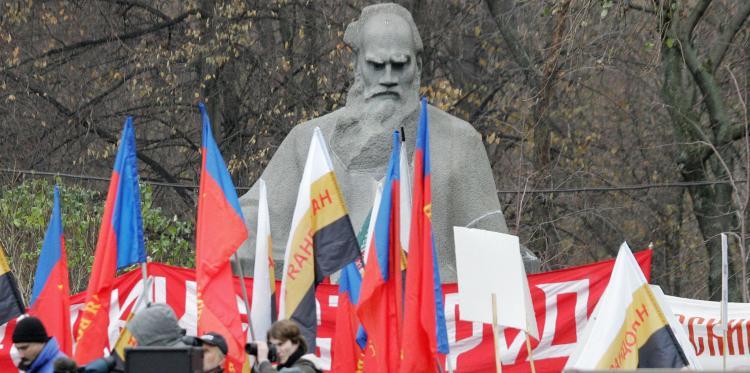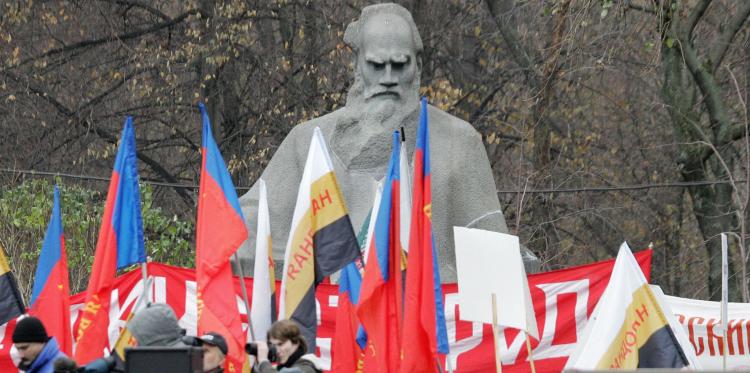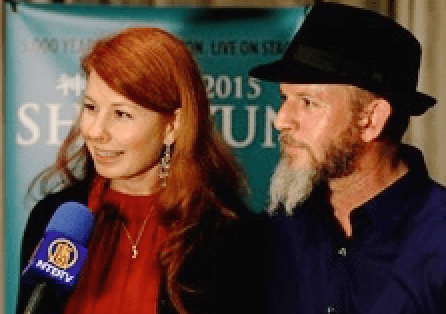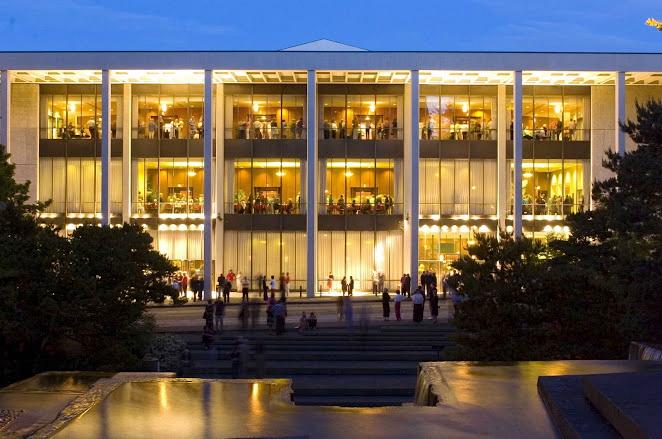Revered in the West, Considered Extremist at Home
War and Peace, led last year‘s Newsweek Top 100 Books of All Time.
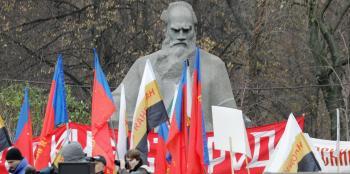
A monument to Russian writer Leo Tolstoy in central Moscow. Tolstoy is still a controversial figure in his homeland. Alexander Nemenov/AFP/Getty Images
|Updated:

